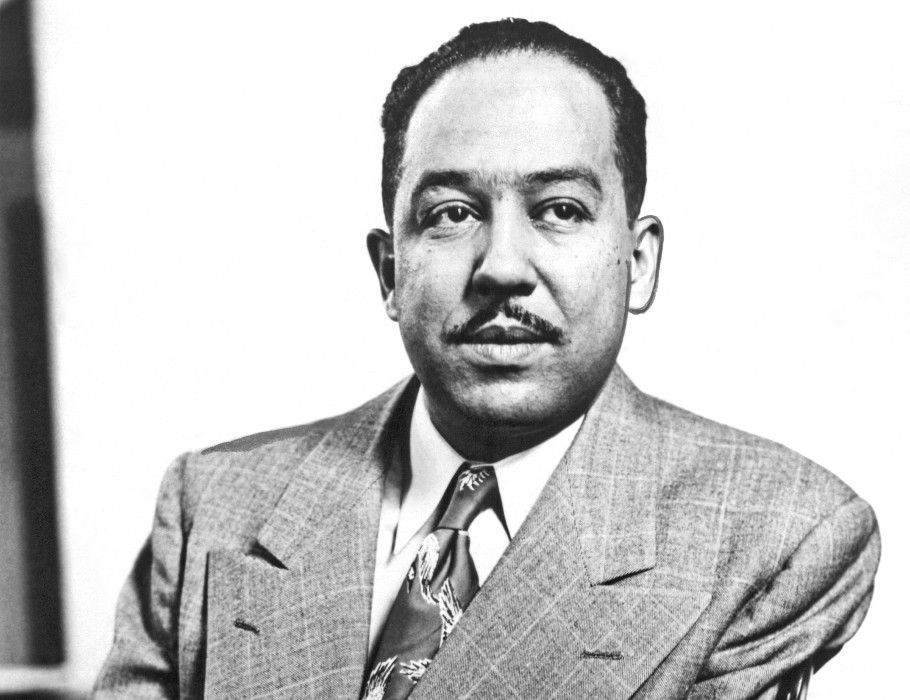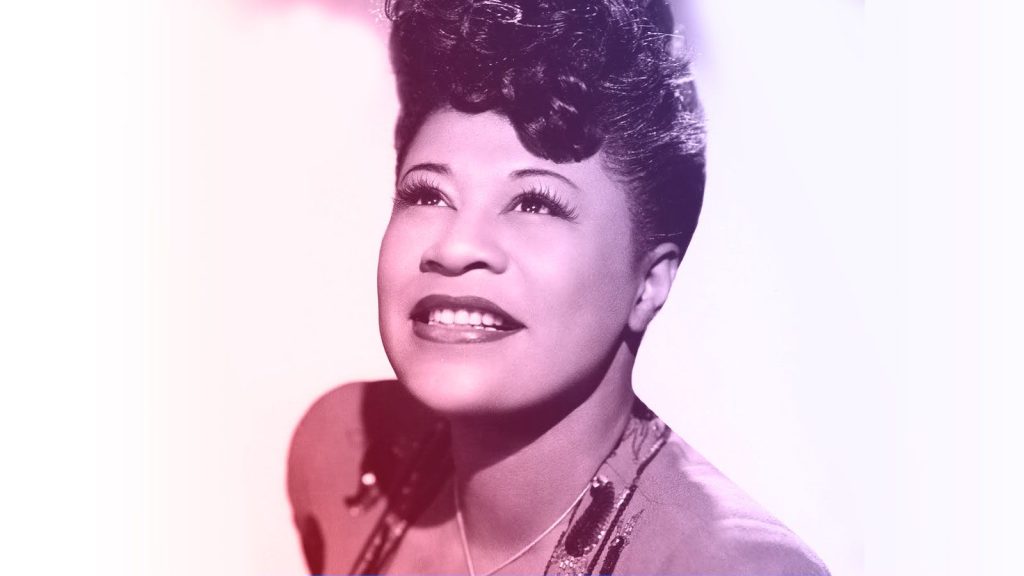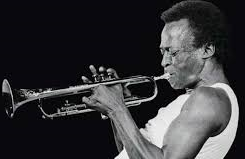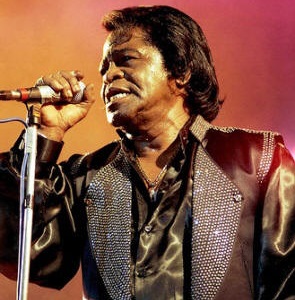February is Black History Month. This years theme is African Americans and the Arts. So throughout the month, I will highlight influential and well-known African American writers, musicians, and actors. For more information about Black History Month 2024 see the Association for the Study of African American Life and History and the National Museum of African American History and Culture.
Today, on the 123 anniversary of his birth, I am highlighting poet, novelist, and playwright, Langston Hughes.
James Mercer Langston Hughes (born February 1, 1901, died May 22, 1967) was a prominent poet and author of the Harlem Renaissance. His parents divorced when he was young and was primarily raised by his maternal grandmother until her passing in 1915. He then moved around the Midwest with family friends, his mother in Cleveland, and spent time with his father in Mexico.
His first poem “The Negro Speaks of Rivers” was published in The Crisis in 1921, his first book of poetry “The Weary Blues” in 1926, and his first collection of short fiction, “The Ways of White Folks”, in 1934. One of better known stories are the “Simple” series, based upon the character Jesse B. Semple he created for a weekly column in the Chicago Defender. In addition, he also authored 11 plays.
Hughes…is particularly known for his insightful portrayals of Black life in America from the 1920s to the 1960s… Unlike other notable Black poets of the period…Hughes refused to differentiate between his personal experience and the common experience of Black America. He wanted to tell the stories of his people in ways that reflected their actual culture, including their love of music, laughter, and language, alongside their suffering.
“About Langston Hughes”. Poets.org
Hughes turned his poetry outward at a time in the early 20th century when Black artists were increasingly turning inward, writing for an insular audience. Hughes wrote about Black history and the Black experience, but he wrote for a general audience, seeking to convey his ideas in emotional, easily-understood motifs and phrases that nevertheless had power and subtlety behind them.
Somers, Jeffrey. “Biography of Langston Hughes, Poet, Key Figure in Harlem Renaissance.” ThoughCo.com, December 26, 2019
Hughes incorporated the rhythms of modern speech in Black neighborhoods and of jazz and blues music, and he included characters of “low” morals in his poems, including alcoholics, gamblers, and prostitutes, whereas most Black literature sought to disavow such characters because of a fear of proving some of the worst racist assumptions. Hughes felt strongly that showing all aspects of Black culture was part of reflecting life and refused to apologize for what he called the “indelicate” nature of his writing.
His style and voice was most likely inspired by the women who raised him as a young boy, his maternal grandmother Mary Leary Langston, who was an college educated Black women, activist, and abolitionist in her own right.
Further Reading
- The Editors of Encyclopedia Britannica. “Langston Hughes.”
- “Langston Hughes.” Poetry Foundation.
- Piccotti, Tyler. “Langston Hughes.” Biography.com
- “Langston Hughes.” National Museum of African American History and Culture
- “About Langston Hughes”. Poets.org.
- Somers, Jeffrey. “Biography of Langston Hughes, Poet, Key Figure in Harlem Renaissance.” ThoughCo.com, December 26, 2019.
- Tearle, Oliver. “10 of the Best Langston Hughes Poems Everyone Should Read.” InterestingLiterature.com.
- Tearle, Oliver. “A Summary and Analysis of Langston Hughes’ ‘Harlem’ (Dream Deferred).” InterestingLiterature.com.
- Langston, Hughes. “Jazz As Communication”. Panel at Newport Casino Theater during the 1956 Newport Jazz Festival.
Last updated on Feb 5, 2024




